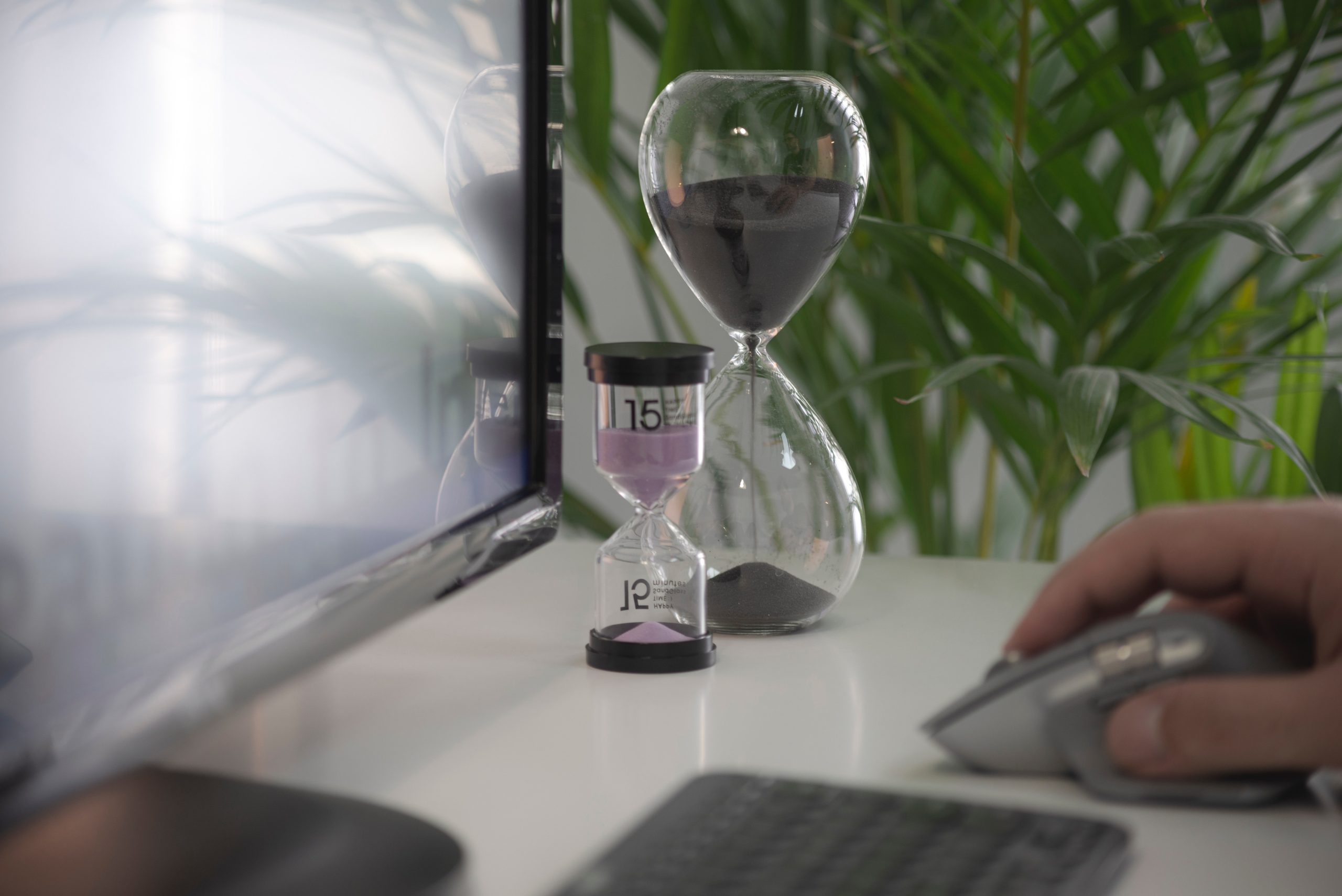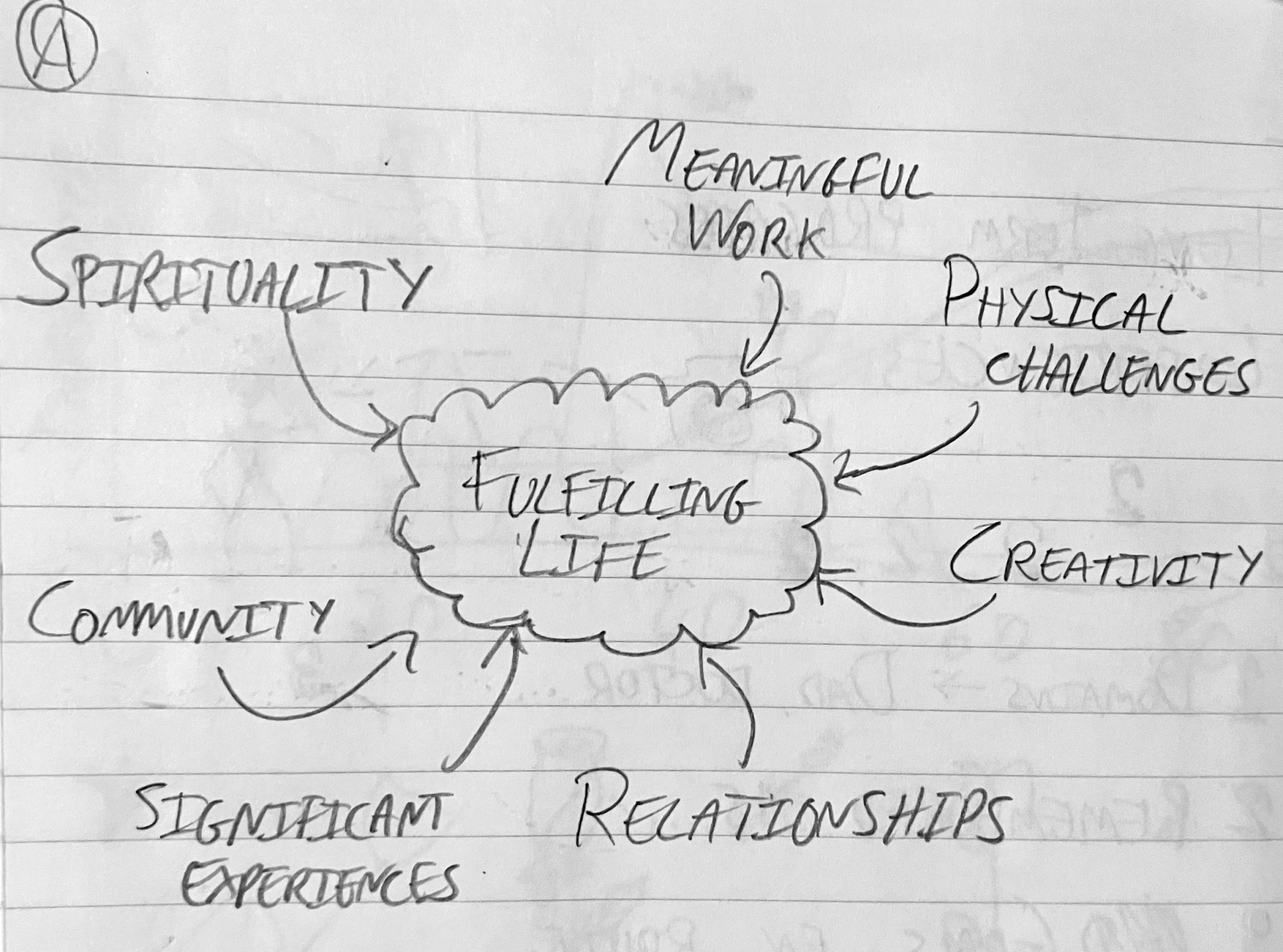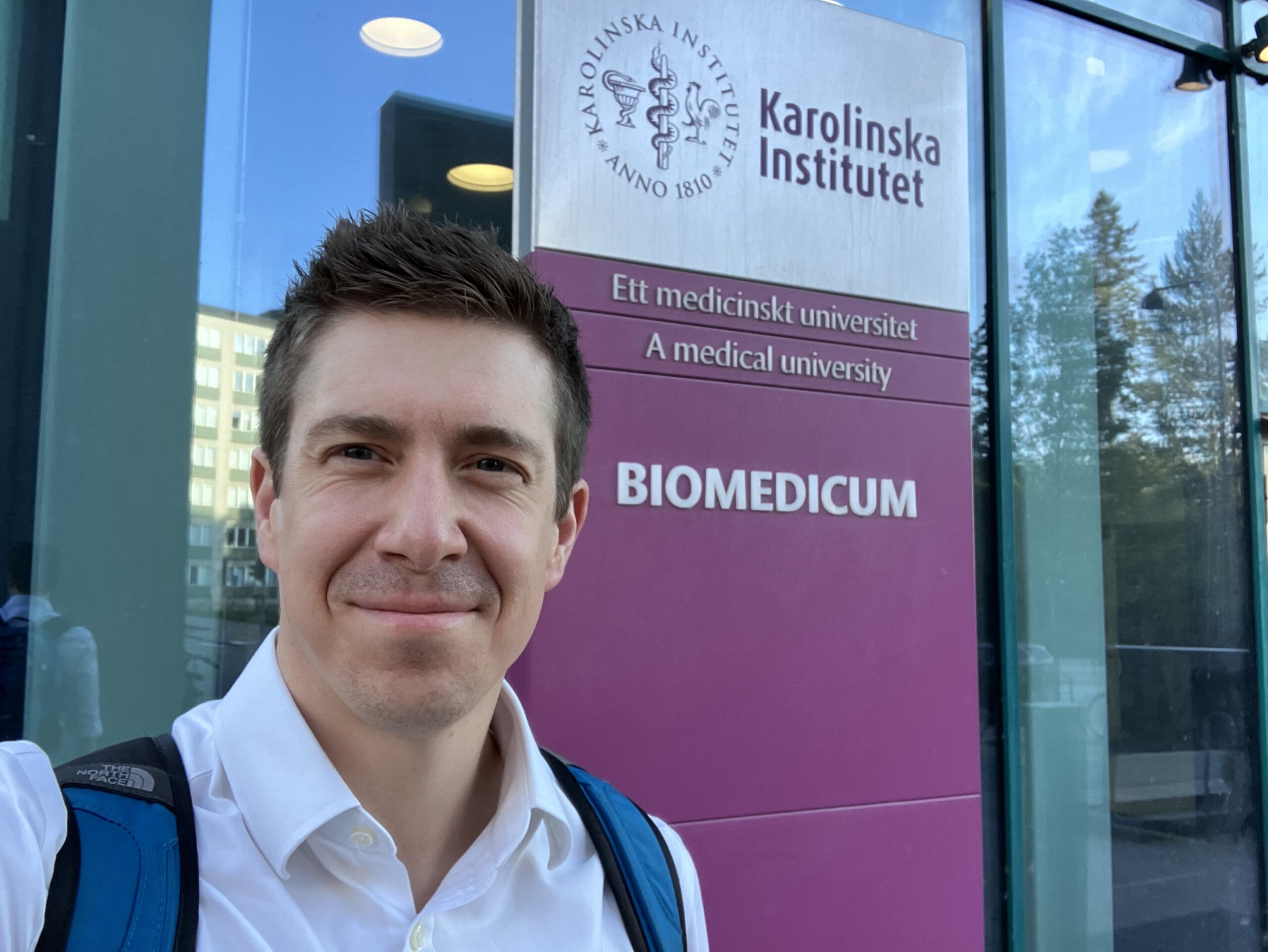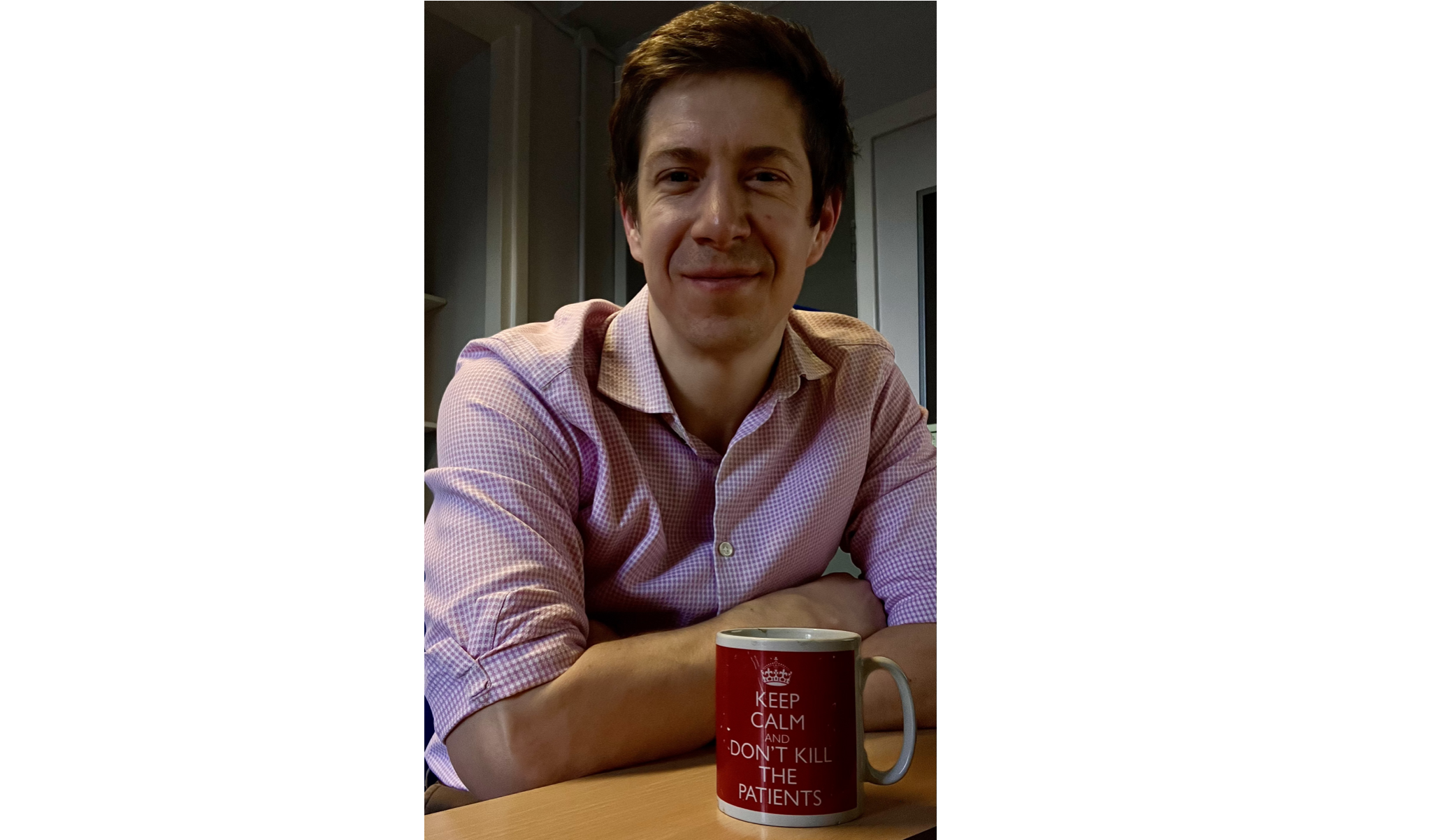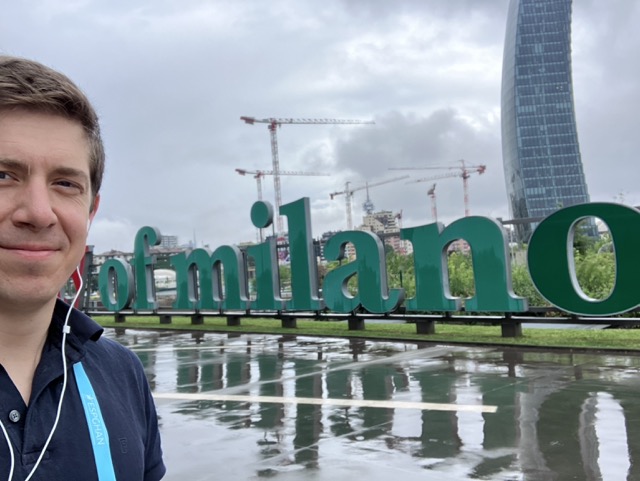Productivity is a feeling. You can measure your output but I believe that productivity is a sensation of contentment. So, the solution to “how to be productive” is focusing on what will generate the internal mental state of ‘feeling productive’.
A lot has been written about how to be productive, ranging from complex filing systems to simply turning off the internet. When I reflect back on my productivity, I notice:
- It fluctuates, and
- High productivity comes at a cost
Some periods feel more and less productive. Many factors that can impede productivity though, in general, it is small things getting in the way of bigger things. Productivity occurs through the convergence of multiple habits that wax and wane over time.
Feeling highly productive comes at the expense of not doing other stuff. There is always too much to do. There always will be too much to do. So, in order to feel productive, you must prioritise some tasks over others and consequently make some things late/undone, and be okay with this (“let the small bad things happen” – Tim Ferriss).
To feel productive, carve out time for meaningful tasks, to the exclusion of others. What is a ‘meaningful’ task? I think there are three categories:
- Activities that are components of your identity. E.g. Painter ← painting, Father ← playing with children.
- Creative endeavours.
- Experiences that you will remember.
1. Fulfil your identity.
How do you define yourself? Daughter / doctor / tennis player / social activist? All of these nouns imply a verb. If these are important enough to define you, then all time spent on them is worthwhile and will feel productive. This is particularly so if you can be completely present in the activity.
Almost all of these are processes with no end goal. Yes, there may be steps along the way e.g. you can now play Un sospiro but you will never be ‘done’ as a pianist.
Think back to last week: how long did you spend totally focused on the activities that define who you are?
2. Make, build, or develop something.
Creativity has many guises. It doesn’t have to be an original painting, it could be putting together a photo album, or making a space for storing your winter clothes. But starting with nothing (or chaos) and ending with something (or order) is deeply satisfying and usually feels productive.
3. Create memories.
I believe that going on holiday can be productive. The feeling of productivity is retrospective so is entirely determined by what we remember. Reconnecting with old friends, a trip away, or getting lost on a walk can all stand out as memorable. When you think back to how productive you feel, these experiences will rise above the sea of everyday life.
Conclusion
Feeling productive comes from focusing on specific tasks and accepting that this is at the expense of other things. What you choose to do with your time may be more important than how you do it. You will feel more productive when you spend time on: verbs that define your identity, creative projects, and making memories.
Books that have influenced this blog post
Productivity: DeepWork, 4 hour work week; The art of less doing; Getting things done; Make time; 168 hours
Direction: Mastery, Essentialism
Creativity: The war of art
Decision making: Thinking, fast & slow; Nudge
Life advice: The magic of thinking big; The happiness project; The things you only see when you slow down; The almanack of Naval Ravikant; Don’t sweat the small stuff; The subtle art of not giving a f*ck
Philosophy: The power of now
Caveats
There clearly are higher and lower output states. I’m not totally deluded that productivity – in the sense that most organisations use the term – is just a feeling. You can benchmark and compare your production in many ways, which will hopefully marry up with the above suggestions.
